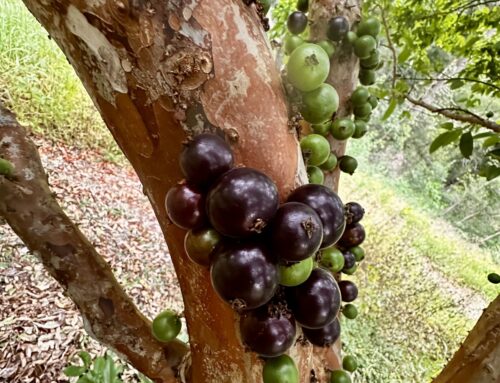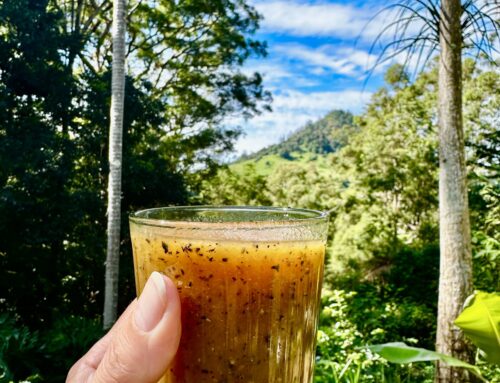
Back in the day, recommended foods to reduce cholesterol were low in fat and we were often told to avoid eggs and oily foods.
Most of you will know the HDL (High-density lipoprotein) is the beneficial cholesterol and can be low in a high trans fat diet so these trans fats are best avoided to reduce the harmful LDL (Low-density lipoprotein).
We need more of the beneficial oils.Nowadays, eggs are said to be absolutely fine in moderation and recent Harvard university studies show there are no claims that eggs create high cholesterol at all. From a Naturopath’s perspective some healthy foods can certainly have hypo-cholesterolaemic actions and choosing how to eat as well as what to eat is imperative. LDL Cholesterol can also be reduced by managing stress in some people whom tend to have high cholesterol which is not diet related.
The best foods to reduce high cholesterol are those with high fibres, beneficial essential fatty acids and food that are also helpful in nurturing the nervous system and adrenals.
- Oats are not only good for loweringcholesterol but are an excellent ‘nervine tonic’ and is an anti depressant.
Many studies have shown that dietary oats (Avena sativa) decrease LDL cholesterol but further studies show the liver cholesterol in Wister rats was decreased by increasing daily excretions of fecal bile acids. They found this was not only due to β-glucan in the oats but also the proteins and lipids and lysine/arginin and methionin/glycine ratio and the hypo-cholesterolaemic properties of oat lipids due to the combination of oleic acid, linoleic, vitamin E, or plant sterols. (Guo et al, Lipids Health Dis 2014).
Fibre in oatmeal can lower cholesterol and for added cholesterol lowering boosts add apples, pears and prunes to your oats in the morning. For those who are gluten sensitive, chose ‘gluten free’ oats.
- Whey protein – studies show patients supplemented with whey protein had lowered LDL and total cholesterol levels. (Whey is the more beneficial part of milk protein compared to the casein which some people may react too). The amino acids are also important for neurotransmitter production to keep our brain chemicals in a healthy balance, thus reducing stress and further reducing cholesterol.
- Beneficial Essential fatty acids such as Omega 9 found in Avocados and cold pressed extra virgin Olive oil are highly recommended and therapeutic dosages of these oils are 1-2 tbsp. per day, which is greatly beneficial to improve the balance of HDL and LDL. Oily fish such as salmon and sardines are high in Omega 3 essential fatty acids, as is flax seed oil and can be consumed daily for a balanced diet.
- Legumes and beans such as kidney, azuki beans and pinto beans are high in fibre, nourishing and cholesterol lowering. Add these to salads and vegetables with the healthy oils used as dressings. According to the Heart Foundation by consuming plant sterols (phytosterols) daily, adults may lower their LDL cholesterol levels by 10 % depending on the age of the person. Plant sterols are found in vegetable oils and also in nuts and legumes.
- Garlic is a traditional treatment food for reducing cholesterol and high blood pressure. I recommend 1-3 cloves of raw garlic per day. This can be chopped and added to food upon serving or added to the healthy oils mentioned above, as a salad dressing.
- Herbal medicines can have hypo-cholesterolaemic actions on those with a tendency for high cholesterol such as Fenugreek, Globe artichoke, Green tea, Gymnema and Turmeric and can be taken as a herbal tincture or as a herbal tea.
This article appeared in the April-May 2018 issue of Nature & Health, Australia’s original and best natural health magazine, www.natureandhealth.com.au #naturalhealth #bestnaturalhealthmag.





